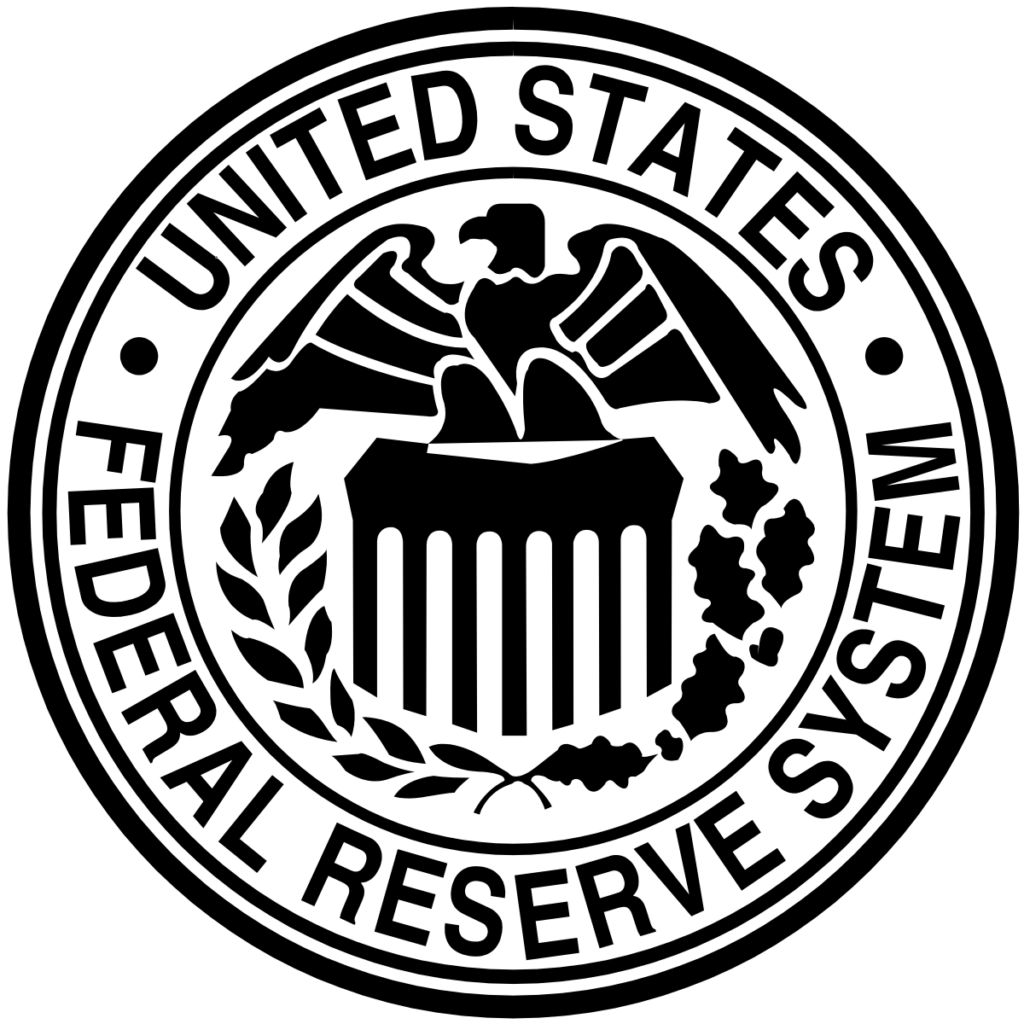The Nasdaq 100 index is at an all-time record high and about 8% above its pre-Covid high. The S&P 500 has not recovered as dramatically but is within 6% of its pre-Covid high. These metrics don’t seem to fit with the state of the US economy especially with regard to the increasing number of Covid-positive cases. What gives? Consider the actions of the Federal Reserve Bank. If you want to know why the stock market is as strong as it is, look no farther than the Fed.

Fed Pumping
In response to the economic crisis caused by the Covid lockdown, the Federal Reserve to date has pumped about $2.8 Trillion into our economy. Per the Fed’s website, the Fed’s balance sheet as a result has ballooned from about $4.2 Trillion pre-Covid to just over $7 Trillion currently, a 67% increase. The Fed has expanded its balance sheet through a variety of tactics including direct lending to companies (separately from PPP), lending to banks so that they will in turn lend to companies, and direct purchases of corporate debt. (For a full summary of Fed tactics, read this article by the Brookings Institution or Google it yourself).
According to this website and this website taken together, the US stock markets combined have added about $7 Trillion in market capitalization since the markets hit bottom and the Fed commenced its intervention program in late March 2020 until today. Might there be any correlation to the Fed’s pumping $2.8 Trillion into the economy and the $7 Trillion increase in stock market capitalization? You bet there is. The Fed’s explicit goal has been to prop up asset prices as well as to mitigate unemployment ramifications so as to avoid a total disaster in our economy. It seems they have been successful. By the way: Near-zero interest rates have also helped in the Fed’s endeavor.
Don’t Fight the Fed
It’s an old saying that means in this case that if the Fed wants to pump up asset prices, then asset prices will eventually rise. If you have been short the market since the Fed commenced its intervention thinking the worst is yet to come, then you have been fighting the Fed and it has been a losing battle so far. Of course, who knows what may happen going forward, but God help us if asset prices proceed to collapse from here despite the Fed’s actions heretofore.
IMO
If “Don’t Fight the Fed” remains a thing, then chances are one would be wise to heed the saying going forward and to be long stocks rather than short. Specifically, be long either index or other mutual funds or a very well diversified portfolio of stocks that you might compile yourself. The Fed is not in business to make money, meaning the concept of “don’t put in good money after bad” doesn’t apply to the Fed, meaning that the Fed will likely react to more bad Covid news by stepping up rather than stepping back its interventionary actions.
